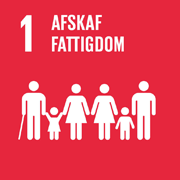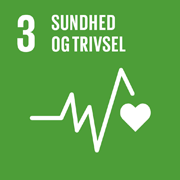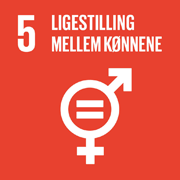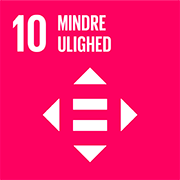
Learning and education through community
The children who come to DYW come to learn with their good friends and it is important that they have fun as they spend their free time after school doing so.
It is also important to us that the children are educated and thereby gain good skills that they can use out in society and on their further journey.
The learning and formation takes place through a strong and unique community that is built up between the children. You can do much more together when you help and support each other.

Work with human rights and a sustainable future
We work with several of the UN World where we can contribute to making a difference. Read more about the Global Goals and how we work with them here:
01
Abolish POVERTY
Eradication of poverty must ensure that people can live a decent and safe life with access to basic resources.
A life in extreme poverty means that you have less than DKK 13 a day to live on, and cannot afford to eat your fill, a decent place to live, vital medicine and schooling.
Education is the fastest way out of poverty. At DYW, we work with the formation and education of children. They are motivated to go to school, and they get the opportunity to learn more and immerse themselves in a safe community.

03

HEALTH AND WELL-BEING
People's physical and mental health is a basic condition for happy and safe societies.
Ensuring a healthy life for everyone and promoting well-being for all age groups is about access to hospitals, mental health, preventing lifestyle diseases, training more health personnel.
At DYW, the children play various sports several times a week, which strengthens their physical health. Mental health is strengthened through a present community where we can monitor the children's well-being. In addition, we work with interest and education in health.
04
QUALITY EDUCATION
Education is one of the most powerful and proven engines for sustainable development.
Great progress has been made in sub-Saharan Africa, where primary school enrollment has increased from 52 percent in 1990 to 78 percent in 2012. Although more and more children are attending school, children from the poorest households are four times more likely to to be out of school than the wealthiest households.
Most of the children at DYW go to school, but the quality varies greatly. Many children are largely responsible for their own learning, so some may fall behind. We offer supplementary education and training, and help the children in particular with English skills, which is a necessity from at least Secondary School (7th grade). In addition, we motivate the children to learn and to go to school.

05

GENDER EQUALITY
Gender equality is a fundamental human right, and strengthening women's rights and opportunities and greater equality are essential to accelerating sustainable development.
Although more girls go to school and more women enter the labor market, there are still great inequalities in access to paid work. Every year in school gives girls 11% more pay when they enter the labor market, and schooling also helps to avoid child marriage.
That is why it is extremely important that girls are educated. At DYW, boys and girls have equal rights and opportunities. The girls get the opportunity to learn about their rights and a break from helping at home and instead interact with other children and young people through learning and social activities.
10
LESS INEQUALITY
Inequality is a global problem that requires global solutions. Inequality must be reduced both within and between countries. Therefore, the world's resources must be distributed more equally, which can be done, among other things, through developing country aid and foreign investments in developing countries.
In developing countries, inequality has grown by 11 percent if population growth is taken into account. This requires action and empowerment of the lowest income groups and promoting greater economic inclusion for all regardless of gender, race or ethnicity. Countries with high inequality have more crime, more sick children and do worse in school.
DYW is a collaboration between a developing country and an industrialized country, thereby we have good prerequisites for working to reduce inequality between countries and thereby help some of the world's poorest and create jobs in a country with high unemployment.

